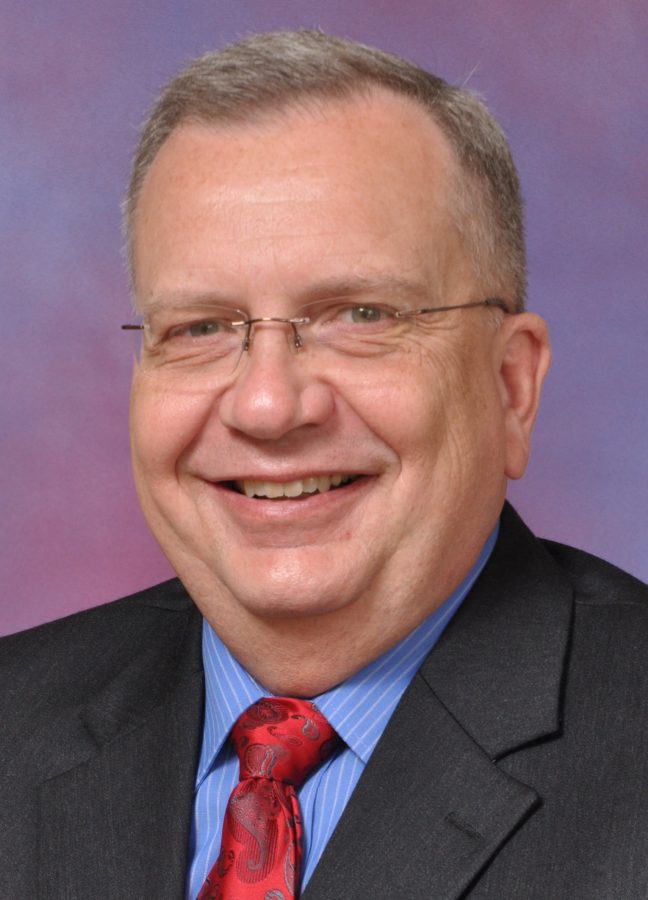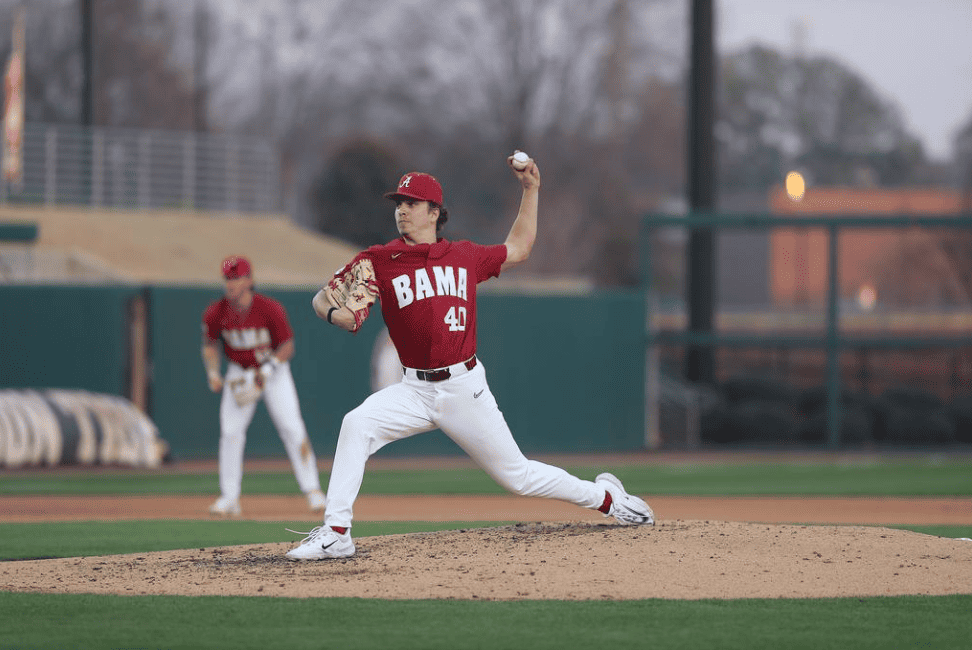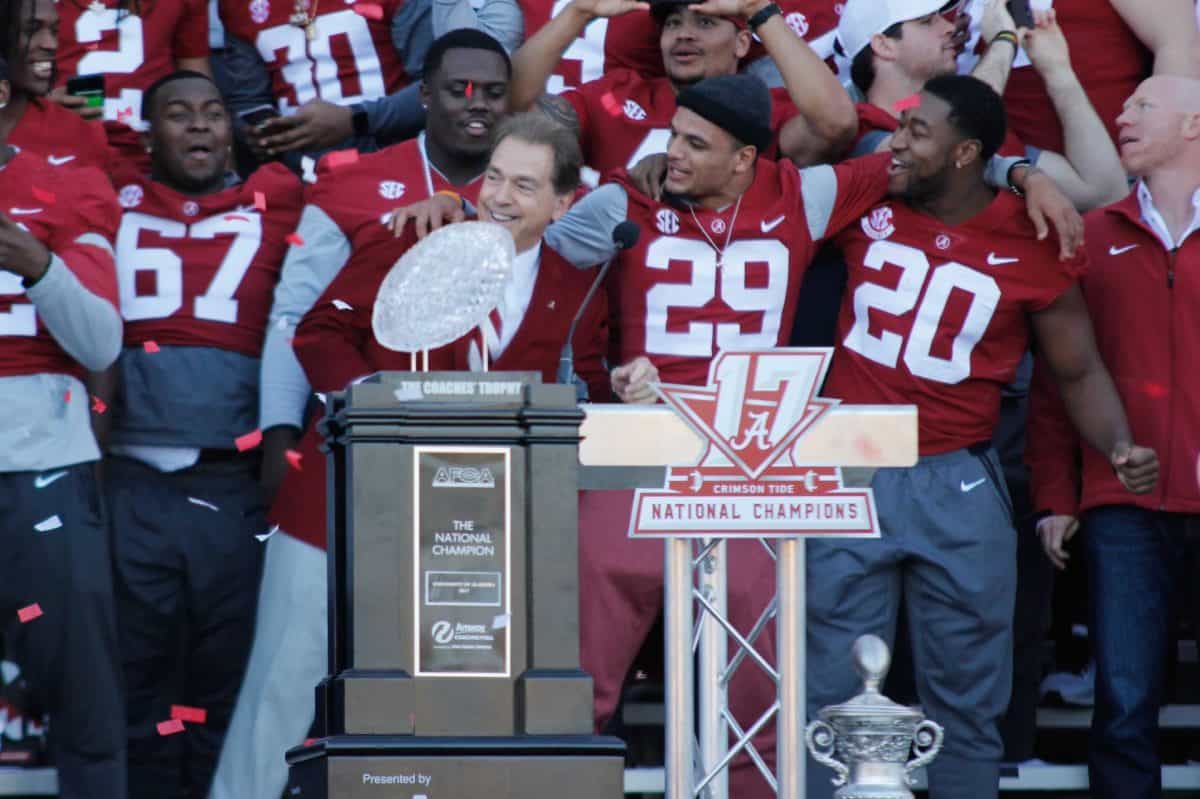Racing from the Neonatal Intensive Care Unit (NICU) to the emergency room and then to the oncology wing is just another day for Ronald Howard.
The NICU calls Howard weekly to perform emergency baptisms on patients that have low prospects of survival. He is in the oncology wing daily providing end of life care for patients and in the emergency room with families after sudden deaths.
Howard has been the director of Pastoral Care at the Druid City Hospital Regional Medical Center since 2009. After growing up in Birmingham, Howard moved to California to attend Stanford University. At Stanford, he discovered his love for ministry.
After graduating, Howard attended Wake Forest University to earn his master’s degree. When Howard completed his residency in Birmingham, he joined the United States Marine Corps.
“In the military, I was out there crawling through the dirt and sand with the marines. I was trying to get them to stay focused and to remember that there’s more to life than war,” Howard said.
After completing his tour with the military, Howard moved to Tuscaloosa to work at DCH Regional Medical Center where he has been for over two decades.
“The simplest explanation of what I do is helping people navigate through the crisis of their lives: medical or traumatic,” Howard said. “We don’t respond to all deaths. All of the sudden ones in the emergency room. Most of our time is spent in critical care.”
Chaplains at DCH are also key members of the ethics committee. A family, doctor or nurse may request the ethics committee to look at a case.
“With all the technology now there is a constant struggle of how far you fight and when do you back off and let someone die. For example, I had a patient that wanted to fight cancer. The doctor knew it was incurable and that fighting with chemotherapy would only shorten their life and give it less quality,” Howard said.
Howard said pastoral care isn’t the easiest of fields to work in.
“The difficulty of this type of ministry is, more often not, I don’t get to see the results of my work. We launch people on a journey and we hope and pray for them,” Howard said.
The chaplains at DCH work with patients and patient’s families to ensure quality care.
“If a patient is alert and oriented, our focus is on them. If the patient is unconscious, we focus on the family. We have to have a constant understanding of diseases to translate medical jargon to families,” Howard said. “We get orders and referrals from physicians and have to do end of life counseling; how to spend their last days. We have to layout and work through all of the options between fighting until their last breath or moving to comfort care.”
Robb Small, a chaplain that works primarily on oncology patients has worked at DCH for two years. Small and Howard work closely with each other.
“[Howard is the] best boss I’ve ever had. He knows what I’m about, what I need to be about and he accepts our differences,” Small said. “[Howard] has a deep sense of life, meaning and spirituality. He never jumps to conclusions. He always sees both sides of every story.”
Howard said he knows he’s not there to convert people and that they don’t need to believe what he believes for him to be helpful.
“[The best part] is the feeling that I get to help people,” Howard said. “All professionals in hospitals are doing things to people but I just want to be with them and help them through it.”







